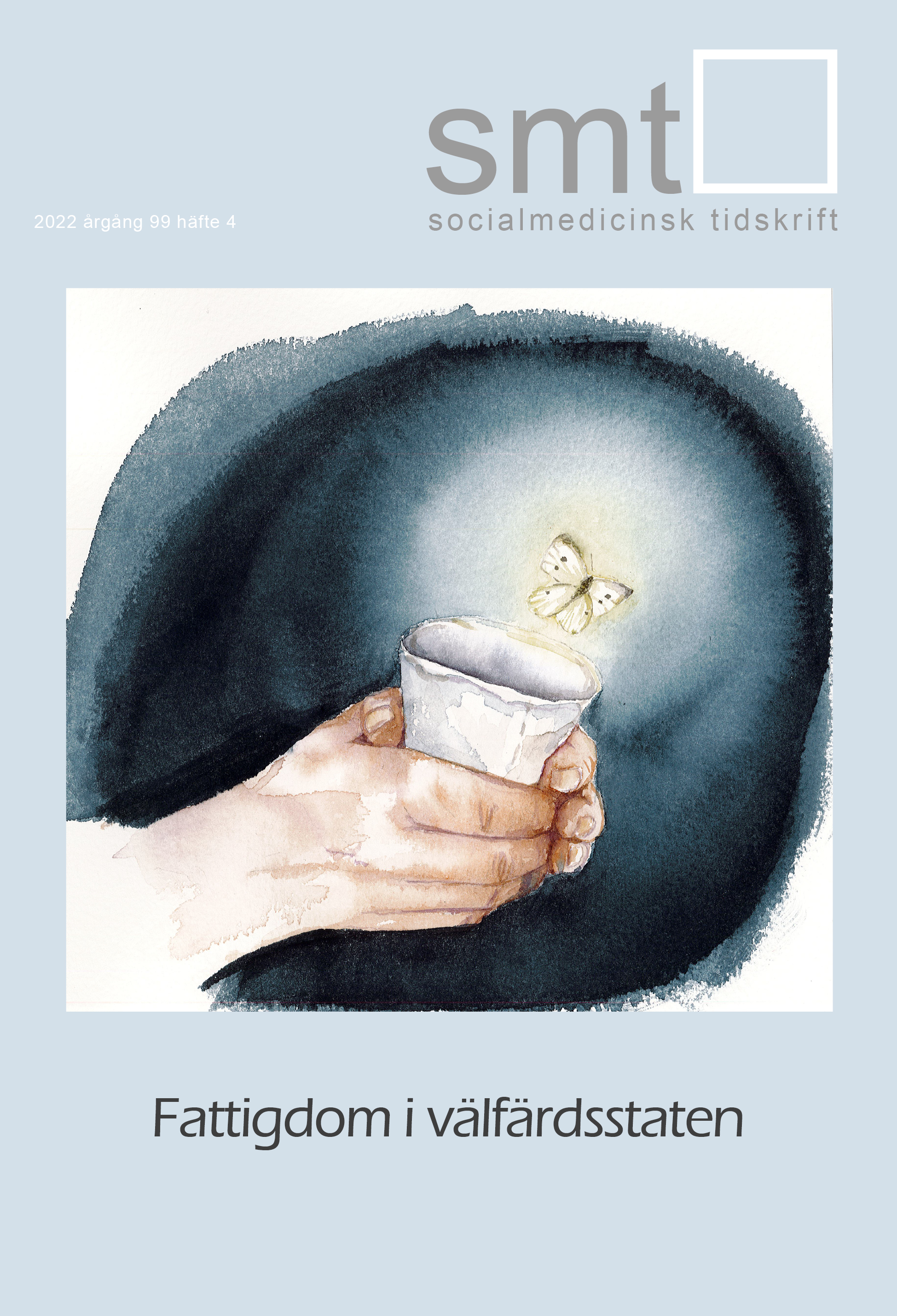Abstract
People who taken in for long-term financial support and care at publicly funded poor relief institutions were excluded from suffrage in Sweden, even after the introduction of universal suffrage in 1921. Legislators justified the disenfranchisement on the grounds that this group of poor relief recipients were in a state of reduced self-governance, which, in turn, was considered to be in direct conflict with the idea of the autonomous political citizen. In this article, however, I suggest that this argument of dependency and lack of autonomy was based on a set of regulations that was already abolished once the new voting rights reform came into force.

This work is licensed under a Creative Commons Attribution-NonCommercial 3.0 Unported License.
Copyright (c) 2022 Fia Sundevall
